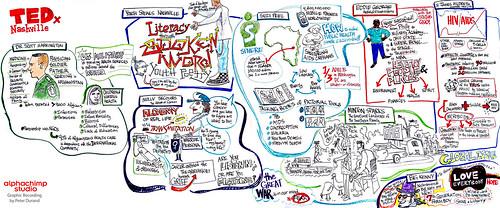Milton and Fred Ochieng’ are two brothers from Kenya whose village sent them to America to become doctors. But after losing both parents to AIDS they are left with a heartbreaking task: to return home and finish the health clinic their father started before getting sick.
Unable to raise enough money on their own, the brothers are joined by students, politicians, and a rock band who launch a fund raising drive among young people across the United States. Sons of Lwala follows Milton and Fred on their incredible journey as they find a way, despite all odds, to open their village’s first hospital.

How To Take Action
After Fred and Milton completed the hospital, with the help of well wishers and friends, they realised that they needed to keep it open, and created the Lwala Community Alliance to continue funding the initial donation.
Filmmaker Barry Simmons says via the team’s Facebook page:
It’s time (finally!) to celebrate the completion of our little documentary, and more importantly, to gather around Milton and Fred for a blow-out night at TPAC to raise money for their clinic in Lwala! The screening will be in Nashville on Thursday, March 27. Order tickets at www.tpac.org/lwala.

And just in case you are wondering what your donation will do:

So folks, you can watch the trailer here or the trailer below.












 One of the technologies, is a iTunes-like music streamer that uses an algorithm to combine music, words and rhythms.
One of the technologies, is a iTunes-like music streamer that uses an algorithm to combine music, words and rhythms.






